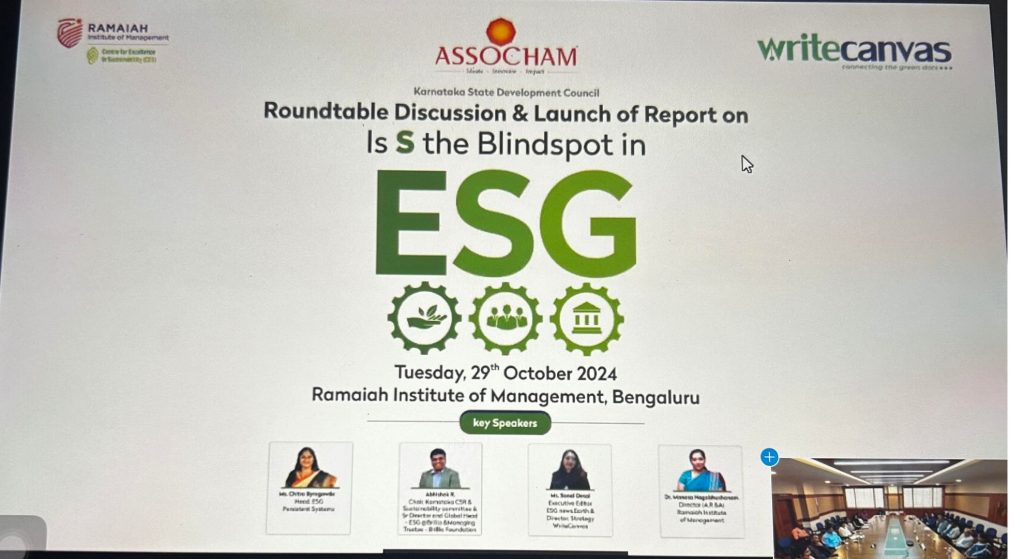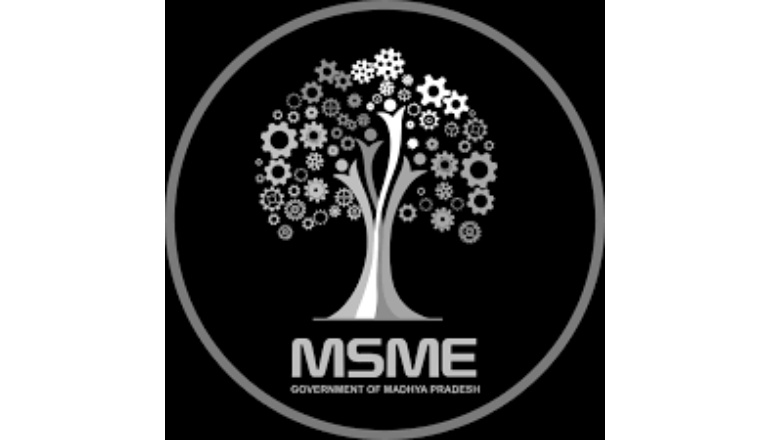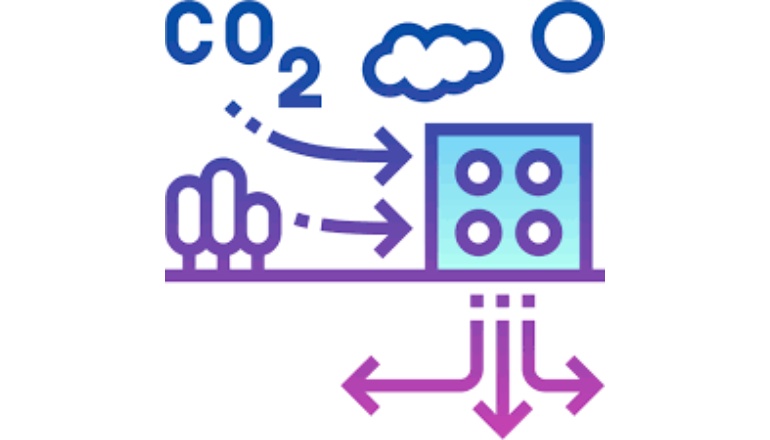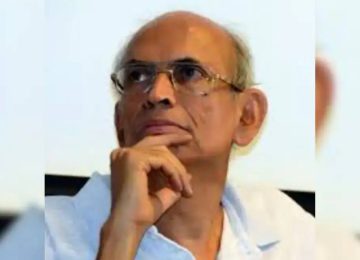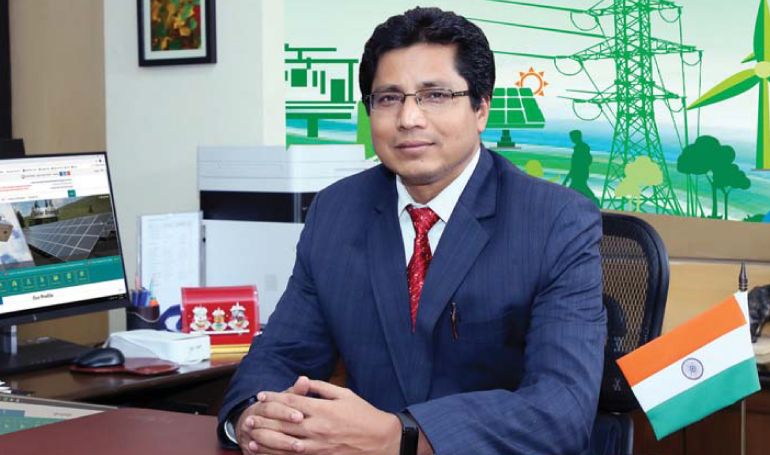Is S the Blindspot in ESG? How important is the social component in ESG?
Largely, the S factor in ESG still continues to be subsumed with CSR, E and G. The comment is a synopsis from the detailed report jointly released by WriteCanvas and ASSOCHAM with the Ramaiah Institute of Management.
In her opening remarks, Dr. Manasa Nagabhushanam, Director, Ramaiah Institute of Management, brilliantly elaborated on the subject with the help of stories from Indian mythology.
She said, ““The Social factor is gaining attention as a crucial aspect in guiding responsible corporate behavior. The world is experiencing a significant shift in environmental consciousness, governance and stakeholders contributions and making a positive impact on society.”
Mr. Ashok Pamidi, RIM Centre for Excellence in Sustainability, who mentored us for the entire project, emphasized on the importance of collaborations. He said, There is just not one blindspot when it comes to the S part of ESG… psychological safety, unconscious biases, measurements and impact of DEI are just a few of these. The good news is the regulators have now ensured that certain parameters are measured and reported. S in due course of time will certainly become a mainstream corporate agenda.”
Mr. Abhishek R. Chair, ASSOCHAM Karnataka CSR & Sustainability Committee & Sr. Director & Global Head- ESG, Brillio, said that India still needs Social Responsibility (S) due to societal issues and the constant influx of new terminology in sustainability. “Though the CSR law, enacted in 2014, aimed to create an impact, it has been challenged by the tendency for big consultants to focus on their own interests rather than the needs of the society.”
He argued that the challenge lies in the lack of collaboration among companies, who often work in silos and do not consider the cumulative knowledge and wealth of knowledge within S. This has led to a lack of consensus on how to address social problems in a collective manner.
Mr Abhishek underscored four important aspects for the S sector that must be a driving force for any large impact:
1. A common ground: Everyone wants to volunteer.
2. Absence of not doing: Not doing is an impact in any space.
3. Diversity and inclusion: People connecting more with each other, the environment and culture becoming inclusive.
4. Impact: How it changes the life of the beneficiary or customers over time.
Guest of Honour Address Ms. Chitra Byregowda, Head, ESG, Persistent Systems, presented a perfect case study of the DEI strategy in her organization.
She discussed the impact of spreadsheets on business performance, including wages, job creation, and supplier diversity. She highlighted the importance of focusing on areas such as gender equality, disability, and marginalized communities. “The data collected from these datasets can help governments and companies make policy changes and provide incentives for businesses to operate.”
Underscoring the role of analyst companies and rating agencies in collecting data on women, minority groups, and veteran military spouses, Ms Byregowda said these agencies include the need to measure supplier diversity, which includes the percentage of total value of purchases coming from MSMEs within India. This data is crucial for creating inclusive growth for suppliers and extending from baselines.
Sonal Desai, Executive Editor, ESGnews.earth and Director, Strategy, WriteCanvas spoke about the progress India has made in ESG. She argued that the progress is often seen as a compliance mandate rather than a purpose-driven initiative.
“The definition of S should include not just CSR but also the social aspects such as employee care, learning and development, inclusivity in the workplace, and human rights of employees and suppliers. The integration of various departments into one entity can lead to a merged view of S.”
In conclusion, India still needs S to address societal issues and create a more inclusive and effective corporate environment. By focusing on these areas, organizations can make a positive impact on the lives of their employees and the communities they serve, she said.
Is S the Blindspot in ESG? – is a result of more than a year’s efforts from WriteCanvas and ASSOCHAM.
It must be noted that we released a synopsis of the report in June 2024. Yesterday, we released the detailed report of Is S the Blindspot
in ESG? It was a fruitful collaboration which provided us insights into the developing DEI strategies among Corporate India.
We want to thank Mr Ashok Pamidi, our mentor, Ms Manasa Nagabhushanam, Director, Ramaiah Institute of Management and all the stakeholders who took out value time to not just respond to the primary questionnaire, but also provide specific details during follow-up interviews. This report would not have relevant industrial insights without your co-operation.


